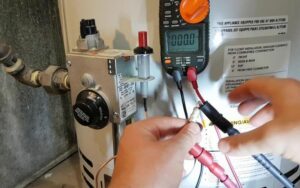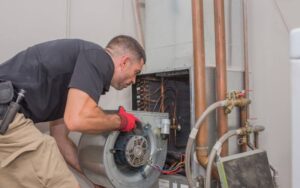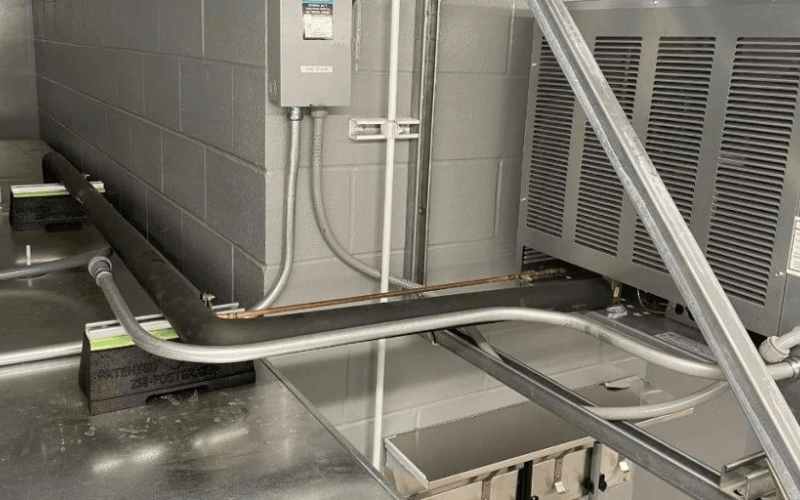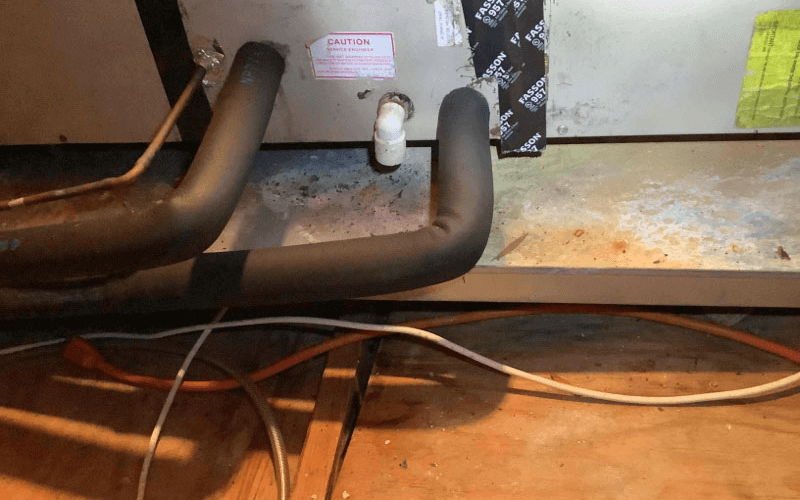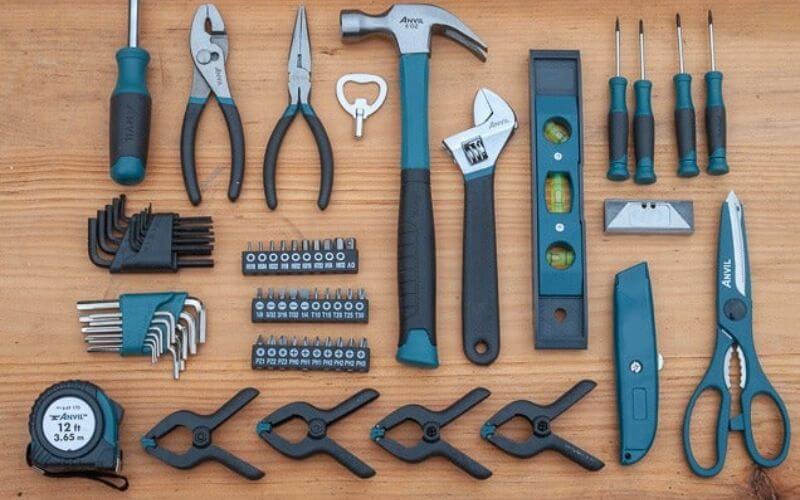Tankless water heaters by Rinnai are renowned for their dependability and effectiveness. However, as with any complex device, they may occasionally malfunction. Error Code 14 is a common problem that you may encounter. The leading cause is the PCB (Printed Circuit Board) does not detect continuity across the thermal fuse circuit during the start-up cycle (thermal fuse and overheat switch). In this article, we will examine the different reasons for Error Code 14, explain them in-depth, and provide practical solutions to help you resolve and avoid this issue.
Table of Contents
ToggleWhy Does Error Code 14 Show Up?
Error Code 14 on a Rinnai tankless water heater can show up by various factors. The following are the leading factors:
Thermal Fuse.
A vital safety component, the thermal fuse, may have malfunctioned or blown, causing the thermal fuse circuit to lose continuity.
Error with the Overheat Switch.
Another essential safety element, the overheating switch, may have tripped or failed to function correctly, resulting in a circuit continuity break.
PCB Issue.
The Printed Circuit Board (PCB) itself could be faulty or damaged, making it difficult to determine continuity using the thermal fuse circuit.
Also, Read: How To Troubleshoot Rinnai Error Code 17?.
Troubleshooting Of Error Code 14.
Error Code 14 on your Rinnai tankless water heater indicates a break in the thermal fuse circuit’s continuity during the start-up cycle. Let’s take a look at the complete troubleshooting guide.
Thermal Fuse Breakdown.
The first likely cause of this issue is a defective thermal fuse, a crucial safety component designed to disconnect the circuit if excessive heat is detected, thereby preventing potential dangers. The course is interrupted if the thermal fuse blows or malfunctions, resulting in Error Code 14.
Turn off the heater’s power source, inspect the thermal fuse for obvious damage, and replace it with a fuse that meets the exact specifications. However, if you are unclear about how to replace the thermal fuse, it is essential to seek expert assistance to verify that it is replaced correctly.
Also, Read:Troubleshoot Rinnai Error Code 15.
Error with an Overheat Switch.
Another possibility is that the water heater’s overheating switch, another vital safety element, has failed or tripped. As a precaution, this switch is designed to trip if the internal temperature surpasses a safe threshold. Error Code 14 is generated if this switch malfunctions or trips wrongly.
According to the manufacturer’s instructions, you should cut off the heater’s power supply before resetting the overheating switch. If successful, this reset will restore circuit continuity, resolving the problem. However, if the switch continues to malfunction or trip, it is preferable to seek the assistance of a qualified expert to guarantee a full diagnosis and repair of the overheated switch that is malfunctioning.
Faulty PCB.
The final reason may be a faulty Printed Circuit Board (PCB), the control hub of the water heater. During the start-up sequence, if the PCB is damaged or defective, it may fail to identify continuity across the thermal fuse circuit, resulting in Error Code 14.
Turn off the power source for the heater and inspect the PCB for obvious signs of damage, such as burns, loose connections, or corrosion. Whenever a fault is detected, the PCB must be changed. However, replacement of PCBs should be entrusted to a qualified specialist to ensure appropriate installation and optimal operation of the new PCB, hence ensuring fault resolution.
Rinnai Error Code 14 Effects.
An interruption in the thermal fuse circuit during the startup of a tankless water heater can have devastating repercussions for its performance and safety and for its users.
Insufficient Hot Water Supply.
When the thermal fuse circuit breaks due to a blown fuse, damaged overheat switch, or defective PCB, water heating cannot start normally and operate efficiently – leaving users without access to hot water supplies. This disruption could leave users without a steady source of hot water supply.
Error Code 14 has many indirect repercussions for water heater performance and safety, inconveniencing users by interrupting normal activities such as bathing, cooking, and cleaning with hot water, requiring access when necessary – impacting comfort and daily tasks performed.
Error Code 14 Compromises Safety.
Furthermore, Error Code 14 compromises the water heater’s safety safeguards – specifically, the thermal fuse and overheat switch components, which help prevent overheating of the unit and are essential fire safety components that help ensure its safe operation. If these fail, then the risk of overheating increases substantially, possibly causing unit damage or creating hazardous situations.
Error Code 14 on your Rinnai tankless water heater can be distressing but easily resolved with proper troubleshooting skills and a systematic approach. If unsure how to handle components or repairs safely and need professional guidance.
FAQs
How Can I Reset the Thermal Fuse Myself?
Yes, you may reset the thermal fuse yourself as long as you understand the process and abide by any recommendations by the manufacturer. If in doubt or uncertain, seek professional assistance immediately to avoid potential dangers.
How often should my Rinnai tankless water heater be inspected to detect potential issues?
Regular inspections are advised every six months for optimal performance and safety to identify problems early. In addition, annual maintenance by an accredited technician should also be scheduled to guarantee optimal performance and safety.
Does my warranty cover these troubleshooting steps?
You must carefully read Rinnai warranty terms and conditions to ascertain that manufacturing defects or malfunctioning components are covered under their coverage policy; for best results, it’s wise to consult directly with the manufacturer or their authorized service providers in this regard.


